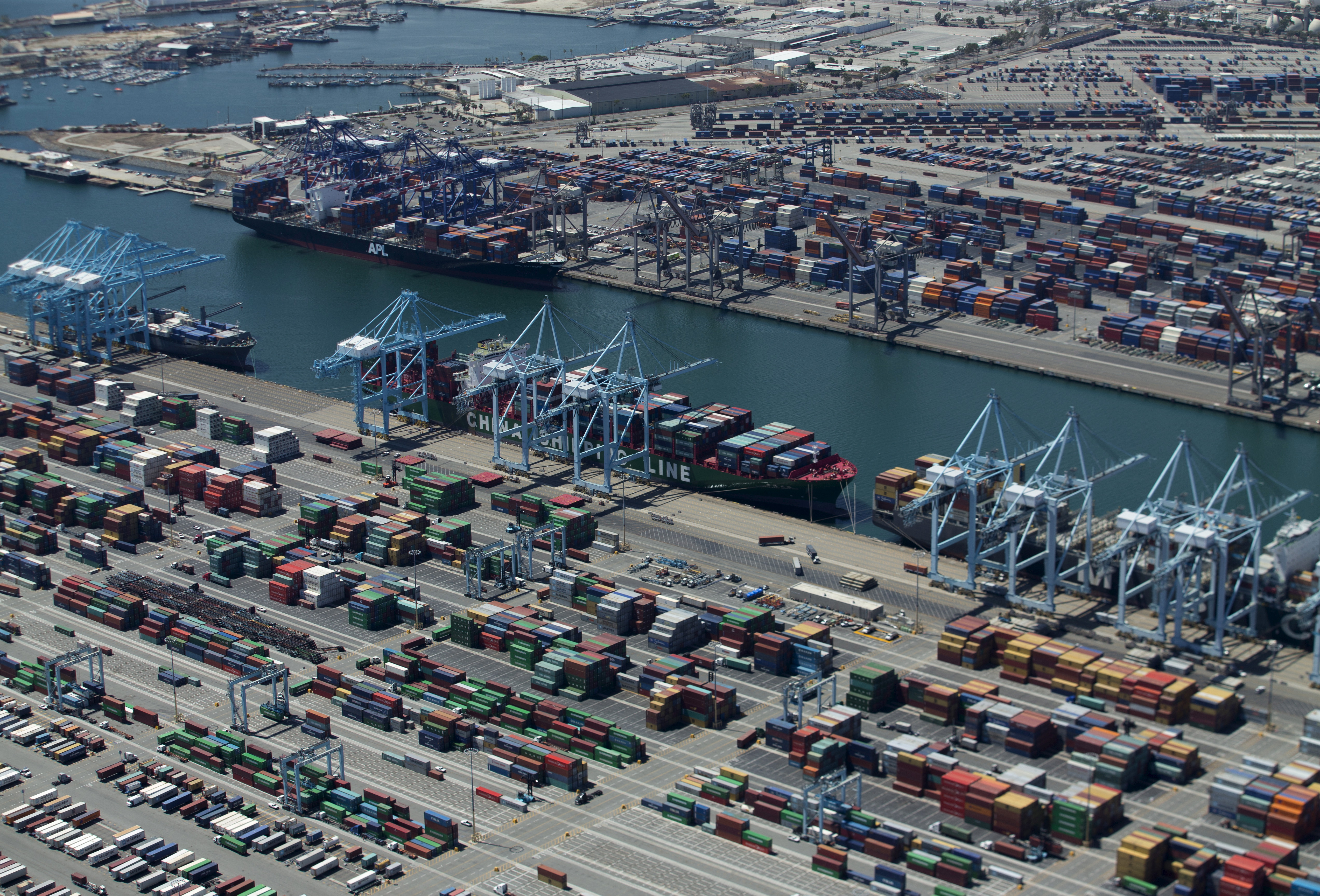


Looking at the candidates’ ideas for overall economic growth, the Urban Institute’s Rudolph Penner questions whether the economy could grow at 4 percent annually, saying it “would be no easy trick” and even if it could be accomplished, it would only be possible for a brief period given the slowdown in the number of hours worked and the accumulation of physical capital stock. Penner focuses on a growth agenda that includes:

Ron Haskins, Julia B. Isaacs, Isabel V. Sawhill
February 20, 2008

January 31, 2008
 by passing a pepper grinder" />
by passing a pepper grinder" />
Wendy Edelberg, Tara Watson
Penner notes that many of his suggested policies involve more spending but that spending on education, infrastructure, public R&D, and many other programs is being squeezed out by rapidly growing entitlements for the elderly and by a strong reluctance to raise taxes. “Getting these programs under control and accepting modest tax increases is a very indirect approach to furthering economic growth, but it may open the way to much more productive spending… future generations that would benefit will not be voting in the 2016 presidential election. Nevertheless, the country has a moral obligation to represent their interests—and so do the presidential candidates,” he concludes.